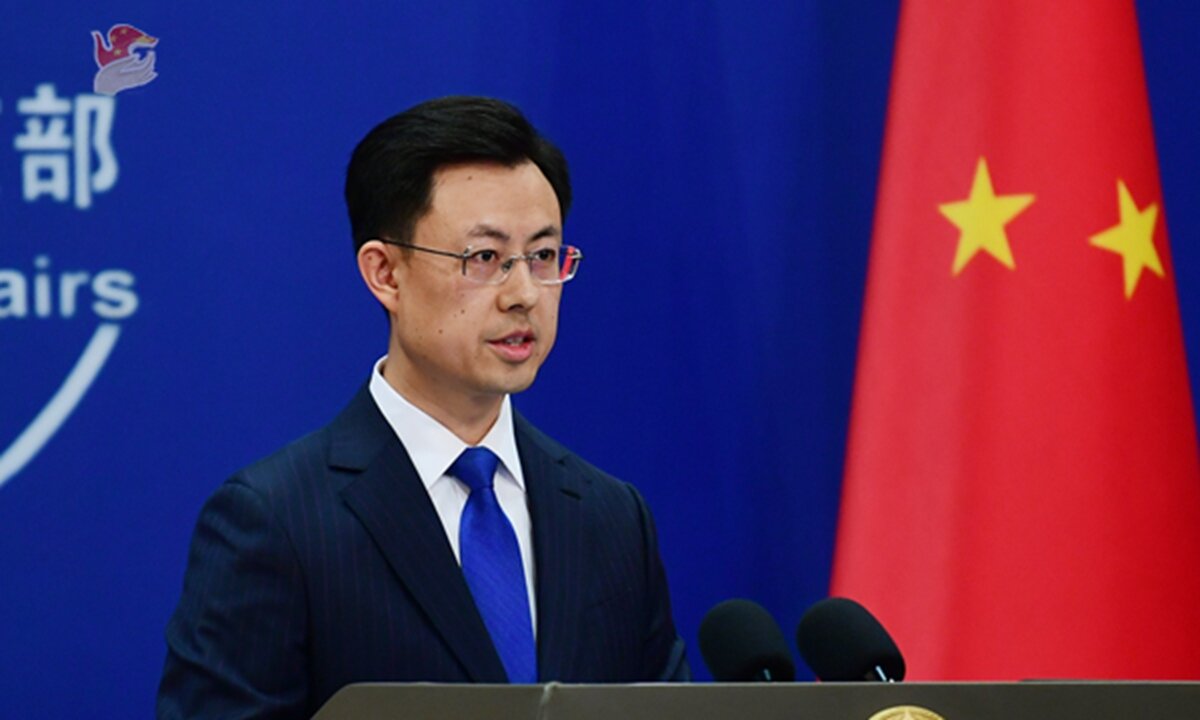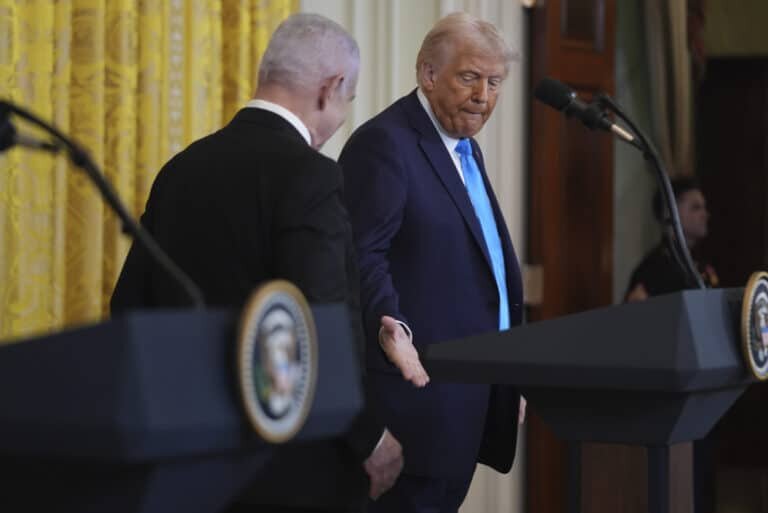China Calls on U.S. to End Threats and Blackmail Tactics
In recent developments regarding US-China trade agreements, China’s foreign ministry spokesperson, Guo Jiakun, provided a clear stance on the ongoing tariff war initiated by the United States. The complexities of international trade relations have captured global attention, especially as the White House hinted at a potential deal with China. This article delves into China’s response and the implications for future negotiations.
During a regular press briefing on Wednesday, Guo Jiakun addressed a question surrounding the possibility of trade agreement negotiations between China and the US. He emphasized that China’s position regarding the tariff war is unequivocal. Guo stated, “We don’t want a trade war, but we are not afraid of it.” This statement underscores China’s readiness to confront challenges posed by the US while simultaneously expressing a desire for constructive dialogue.
Guo articulated several key points regarding China’s approach to US-China trade relations:
- Desire for Dialogue: China is open to resolving issues through negotiation, indicating a preference for constructive discussions over conflict.
- Opposition to Threats: The spokesperson called for the US to cease its threatening behavior and blackmail tactics, which hinder productive negotiations.
- Principles of Equality: Guo stressed the importance of engaging in discussions based on equality, mutual respect, and mutual benefit.
The backdrop of these comments is the ongoing tariff war that has resulted in significant economic impacts for both nations. The US has imposed tariffs on a wide range of Chinese goods, while China has retaliated with its own tariffs. This tit-for-tat has raised concerns among businesses and consumers alike, leading to uncertainties in global markets.
Analysts suggest that both countries face pressure to reach a resolution. The US economy has shown signs of slowing growth, and the effects of the trade war are becoming increasingly evident. Similarly, China is grappling with economic challenges that could be alleviated by a stable trade relationship with the US. This mutual need for resolution may serve as a catalyst for renewed negotiations.
As the situation develops, it is essential to consider the following factors that could influence the potential for a trade agreement:
- Economic Conditions: Both nations will likely assess their economic situations and the impact of tariffs on their industries.
- Political Will: The political environment in both countries will play a crucial role in determining the feasibility of negotiations.
- Public Sentiment: The views of businesses and the general public regarding the trade war may pressure government officials to seek a resolution.
Guo’s comments come at a time when there is increasing speculation about a possible thaw in US-China relations. However, the complexity of the issues at hand means that any agreement will require careful negotiation and compromise. The desire for a trade agreement is evident, but achieving a balance that satisfies both parties will be challenging.
Looking Ahead: The trajectory of US-China trade relations remains uncertain. Analysts are closely monitoring the situation, particularly in light of upcoming economic data releases and potential policy shifts in either country. As the global economy continues to evolve, the outcome of these negotiations will have far-reaching implications not only for the US and China but also for international trade as a whole.
In conclusion, China’s position on the US-China trade negotiations reflects a firm yet open approach to resolving ongoing tensions. With the call for dialogue based on mutual respect and equality, there is a glimmer of hope for a constructive path forward. The world will be watching closely as both nations navigate these complex discussions, and the outcome will undoubtedly shape the future of global trade relations.






